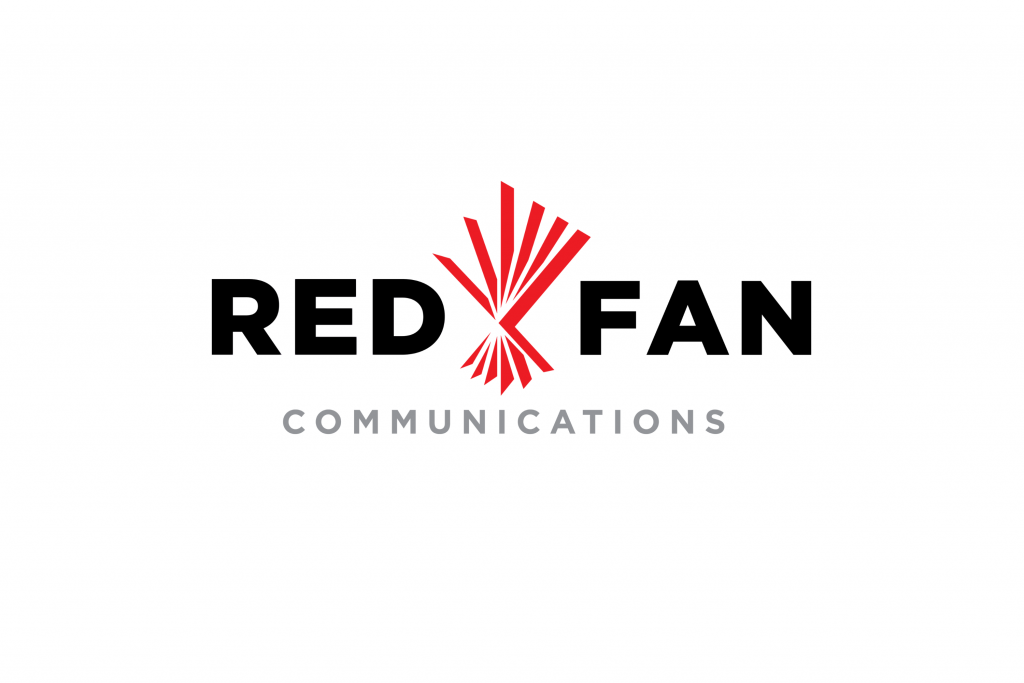As seen on Forbes
By Kathleen Lucente
I remember the tension during the 2016 presidential election. While attending a panel at a conference, I listened to speakers debating whether political discussions should be allowed in the workplace. One prominent CEO was adamant about both his political beliefs and his facilitation of political conversations in the office.
Another panelist, an HR professional, shrank in her seat with a look of abject horror.
Another CEO highlighted their strict no-politics policy. At the same time, another chief executive felt his company needed to take a political stance and even make it a part of recruitment.
The gamut of responses naturally raised more questions than it answered:
Does having an outspoken CEO make it uncomfortable for anyone to have an opposing view? How does that dichotomy affect company culture?
Do employees fear getting fired if they disagree with the CEO or management on politics?
Do you allow people to wear political party shirts to work?
What politics policies do you have in your company handbooks? Are they written down and used in employee training, ensuring that everyone is aware?
If people spend significant portions of their day talking about politics, are they really focused on the actual reason for being at work?
The HR professionals in the room quickly saw all of the issues with a utopian view of a free-flowing atmosphere of political opinion. I’m sure they still do, because here we are four years later, and this presidential election year is on track to be filled with just as many conflicts, compromises and disappointments.
Many employees will again be full of opinions and wondering whether they can express them in the office or to co-workers. I believe that makes right now a critical time for CEOs to examine the policies and messaging they want in place before and after the election, and to reinforce those policies by aligning with HR and the rest of the management team. The last thing a CEO should do is leave it to chance — that could expose vulnerabilities and risk rupturing company culture and workplace relationships.
The political atmosphere in this country seems to be more polarized than ever, which is why it’s crucial for business leaders to put structures in place that account for a wide range of opinions. With that in mind, here’s a checklist for CEOs to responsibly address politics in the workplace.
REVISIT YOUR COMPANY HANDBOOK AND THINK THROUGH UPDATES AND EXISTING POLICIES
Are you a company that supports political groups meeting on-site, or do you require those discussions to be off-site? Do you have a policy for how employee-led organizations, clubs and groups can form internally to focus on social justice, politics and diversity? How are these managed?
KNOW THE STATE AND LOCAL LAWS BY WHICH YOU MUST ABIDE
The National Law Review points out that “Different jurisdictions have statutes regarding regulating off-duty conduct and political expression. Employers should determine whether there is really an impact to the business as a result of the conduct, and determine whether any state or local statutes might apply.”
EXPLORE WHAT’S ALLOWED OR ENCOURAGED INTERNALLY AT THE COMPANY
Consider, for instance, the recent backlash Starbucks faced by telling employees they couldn’t wear any clothing or accessories expressing support for the Black Lives Matter movement.
CONSIDER WHAT EMPLOYEE BEHAVIORS ARE NOT TOLERATED EXTERNALLY
Many companies have policies to hold employees accountable for behavior outside of the office. What’s your social media policy? What is considered a disparaging remark that could be a fireable offense? Does it extend to employees’ personal accounts or only to those that link the employee with the company? What steps do you take if an employee publicly expresses racist, sexist or some other kind of discriminatory opinion outside of work? Just look at the recent firing of a U.S. Agency for International Development official who posted anti-LGBTQ remarks on social media.
BE PREPARED TO DEFEND YOUR POLICIES
You need to be confident of your policies and realize that there is always the potential, especially in large companies, that an employee could share them with the press or someone else outside of the company. Be ready to defend any policy you implement, as well as your company’s reputation. The best way to prepare is to test your policies internally to get feedback.
BOLDLY FACE THE FACTS OF THE PAST IF YOU WANT TO CHANGE YOUR CULTURE
This means reckoning with and correcting previous mistakes. Sometimes, old company policies can be a significant setback for companies with fresh ideas and new management. Take Procter & Gamble’s review of how LGBTQ+ employees were treated at the company in the early 1990s. P&G saw its past flaws and owned up to the prejudices and behaviors it wanted to change by releasing two documentaries about its past issues with acceptance. This bold move to confront the past gave P&G the ability to speak frankly about how it has taken action to change.
It’s time to remind employees about your company’s policies on politics in the office. Many haven’t read their employee handbooks in a while — or ever — and may assume that any political view they express at work or as an identifiable representative of your company is protected by the First Amendment. But that protection doesn’t equal job security, regardless of how their views stack up against company policy. Keep your employees informed, safe and aware so they can make smart decisions and feel proud of your direction.
Finally, seriously consider giving your employees Election Day off to vote and later either celebrate or mourn the results. Your actions today can make for a much more pleasant autumn.





